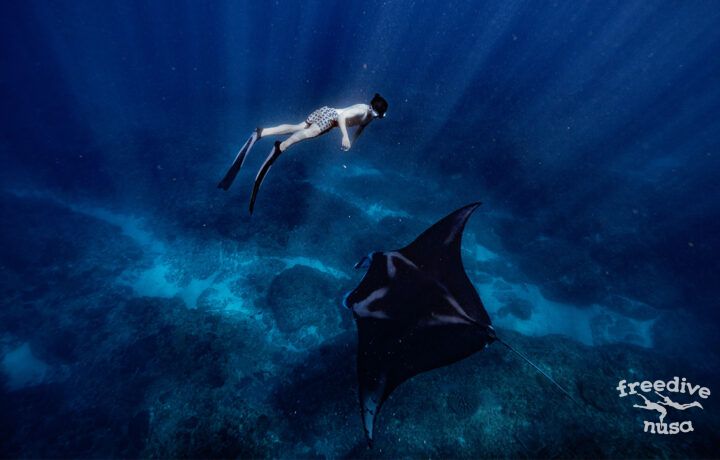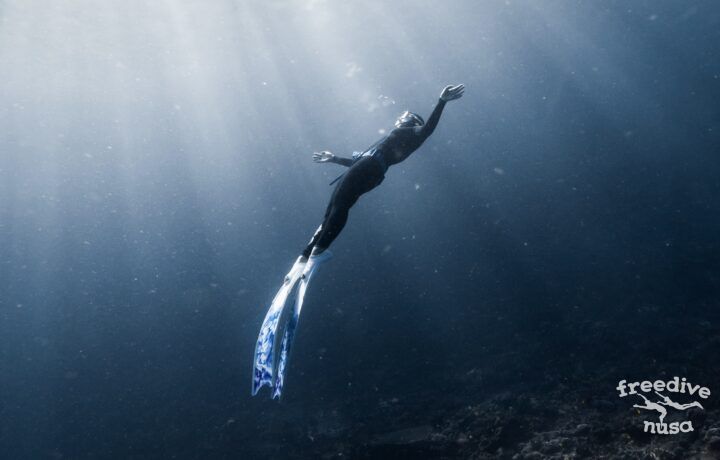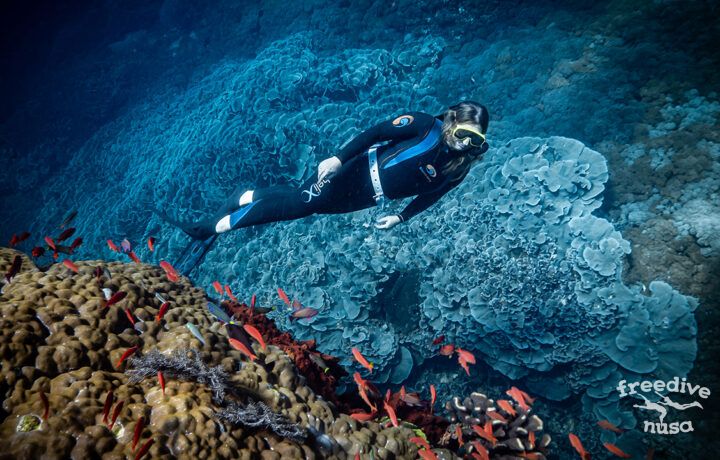As you develop your freediving skills, dive deeper, and become more comfortable under water, you also tend to travel to new freediving locations and stick with deeper buddies. This means more fun. But the greater the depth and the more adventurous you become, the greater the responsibility and the more you’re exposed to emergencies. This is why senior freediving certifications usually require a relevant First Aid certificate. Read the article to learn about first aid and why it is important and get useful tips on how to take the most out of your First Aid training and enjoy it.
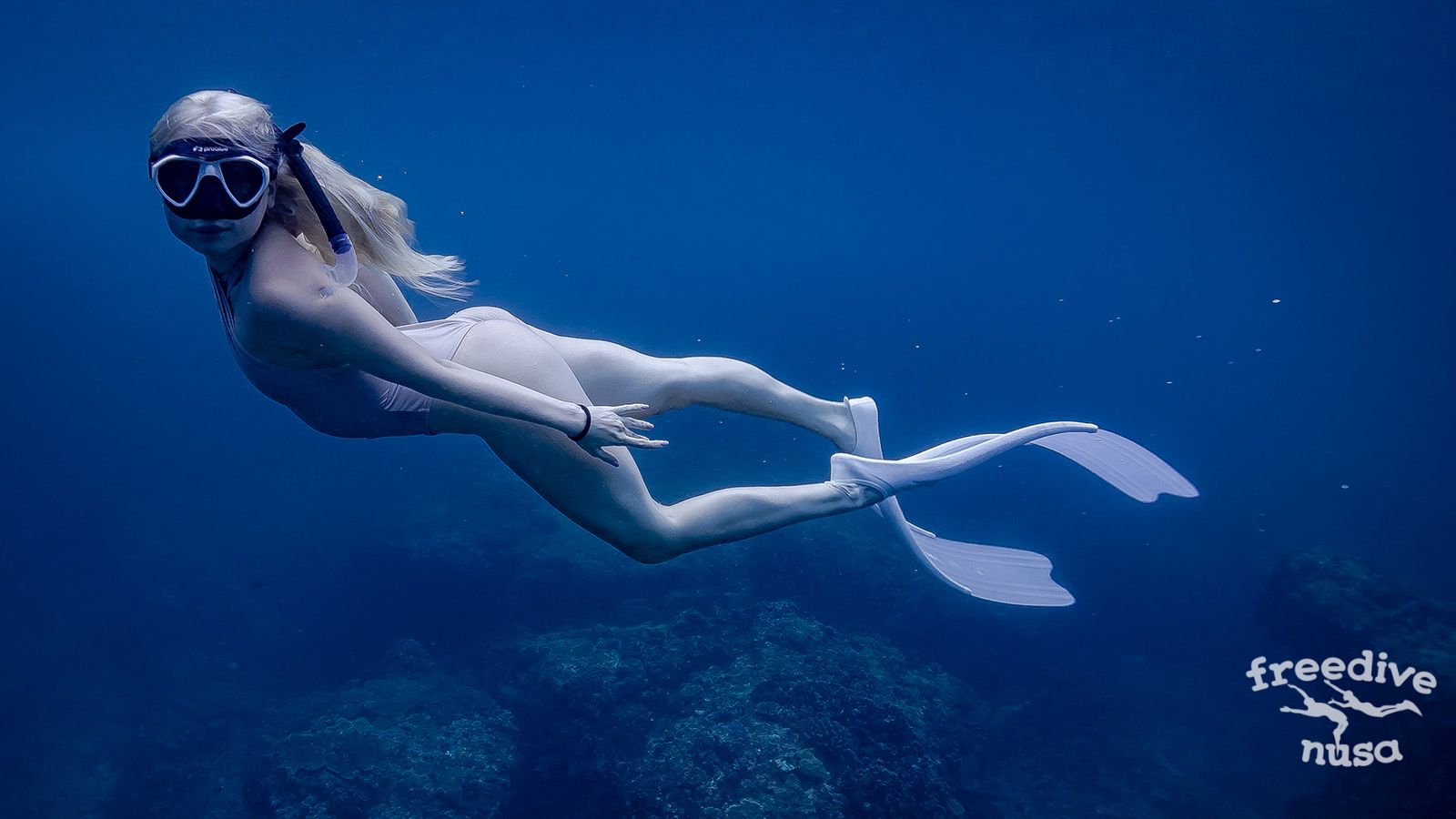
1. It’s not a formality
You might never face any emergencies during freediving, and we hope you never will. But emergencies are called that because they emerge unexpectedly. No one ever plans to get injured. And we believe it’s better to spend a little bit of effort now to be able to help yourself and other people avoid a serious problem later. Of course, a one- or two-day First Aid course won’t turn you into House MD. If you wonder what the purposes of first aid are, it’s to teach you what to do in a dangerous situation and what not to do to prevent it from getting worse, which is equally important. More often than not your task consists of fending off incompetent help. What you learn on a first aid course will benefit you, the buddies you train with, and everyone around, including your friends and family. One of the many advantages of first aid is that the skills are universal. You can apply them in any non-freediving context as well.
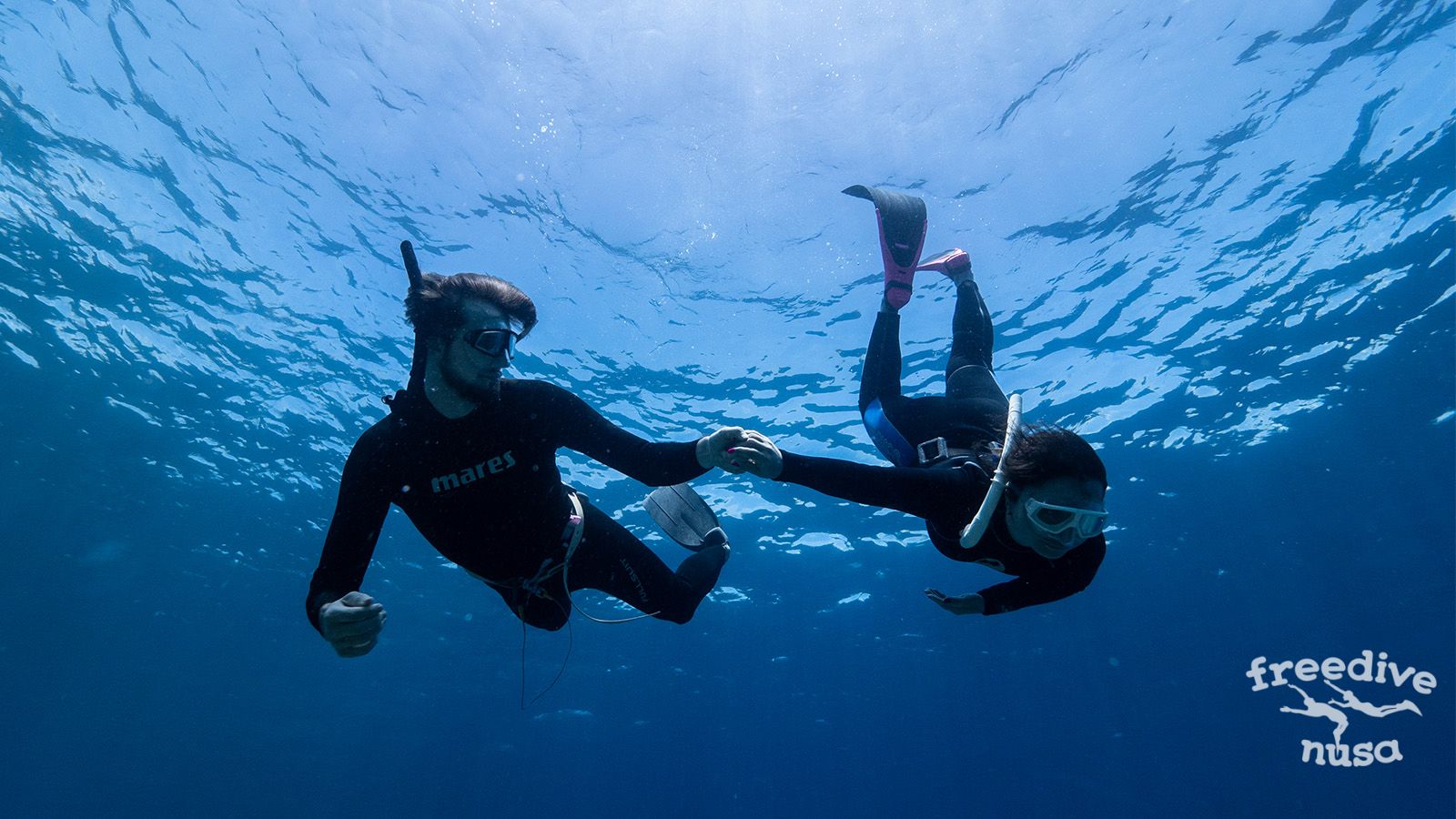
2. A reputable provider is paramount
We recommend choosing famous large international organizations with a relevant license. First, they teach up-to-date techniques that correspond to international standards. Second, an internationally recognized certificate will be accepted anywhere in the world. There are a few well-know providers for such courses. Here at Freedive Nusa, we offer a one-day course called React Right. PADI dive centers usually offer Emergency First Response courses. PFI centers offer ERDI courses. There are no essential differences in programs between the agencies. The basic courses require no special preparation and are available to anyone, including non-divers. They cover standard life-threatening situations and common cases. The International Red Cross Movement, one of the most famous humanitarian network with a 150-year history, provides First Aid courses all over the world in multiple languages. If you want to learn specific skills, AIDA has recently launched a Freediving Emergency Medical Responder course tailored specially for freedivers.
3. Some things are better offline
There are multiple courses available online. They may also be provided by well-known organizations. But we recommend taking a course in person. Offline, you can ask questions to your instructor until you’re sure you got everything right and hear stories about improbable situations from their practice. Good offline courses involve a clear demonstration and practice on special manikins. In addition, most courses include reenactments of emergencies where your task is to keep a level head and apply the skills you’ve just learnt on a partner suffering in a mock accident. It’s much harder than it sounds! When you see your partner soaked in fake blood, sporting silicone injuries, all the information evaporates from your head immediately. It doesn’t matter that it’s just a game. In a real-life situation, you usually have no time to consult your manual or call your instructor, but thanks to such reenactments, the right thing comes into your head automatically. Last but not least, you get a great opportunity to practice team work with other students. Coordinating other people is difficult and not something you can learn online.
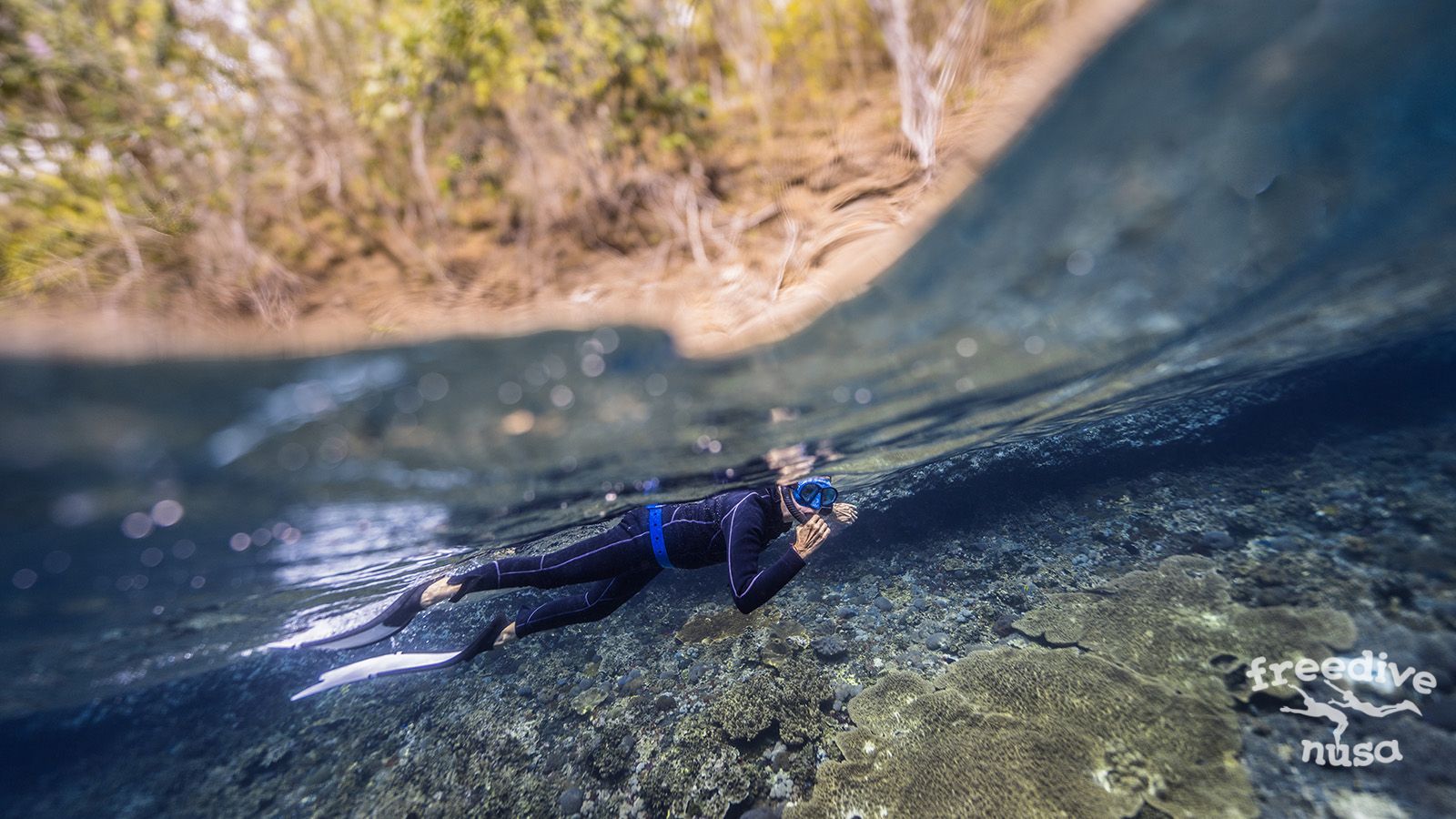
4. Regularly take a refresher course
Unlike school exams on Maths or history, First Aid course isn’t something you can do once and then forget forever. Having a certificate issued within the last 24 months is a requirement for all instructors and Wave 3 and above students. This is because, under normal conditions, an ordinary person thankfully doesn’t face emergencies often enough to keep every First Aid skill they learnt years ago at the ready. And after school, you probably know how quickly knowledge is forgotten when it’s not applied regularly. Apart from that, just like smartphone models, CPR trends evolve and get outdated. It’s important to keep abreast of the latest developments.
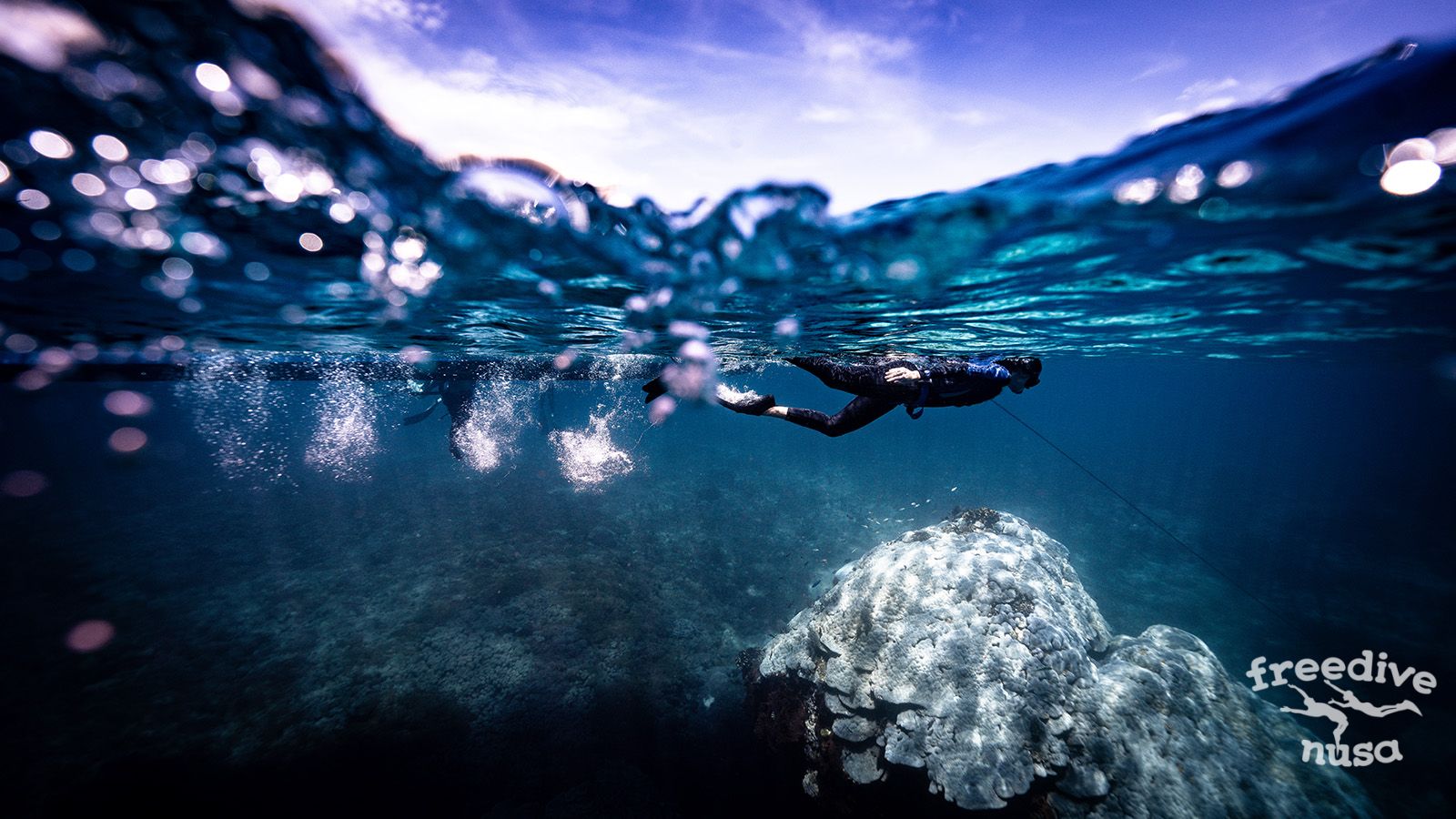
5. Take your buddy with you
One of the staples of an enjoyable dive is feeling secure. Few things boost your sense of security and mental calmness more than having a good health insurance — and witnessing your buddy bring to life a resuscitation doll. So find a good course, register, and invite your buddy over — the more, the merrier. First-aid skills will make dives more relaxed both for you and your buddy.
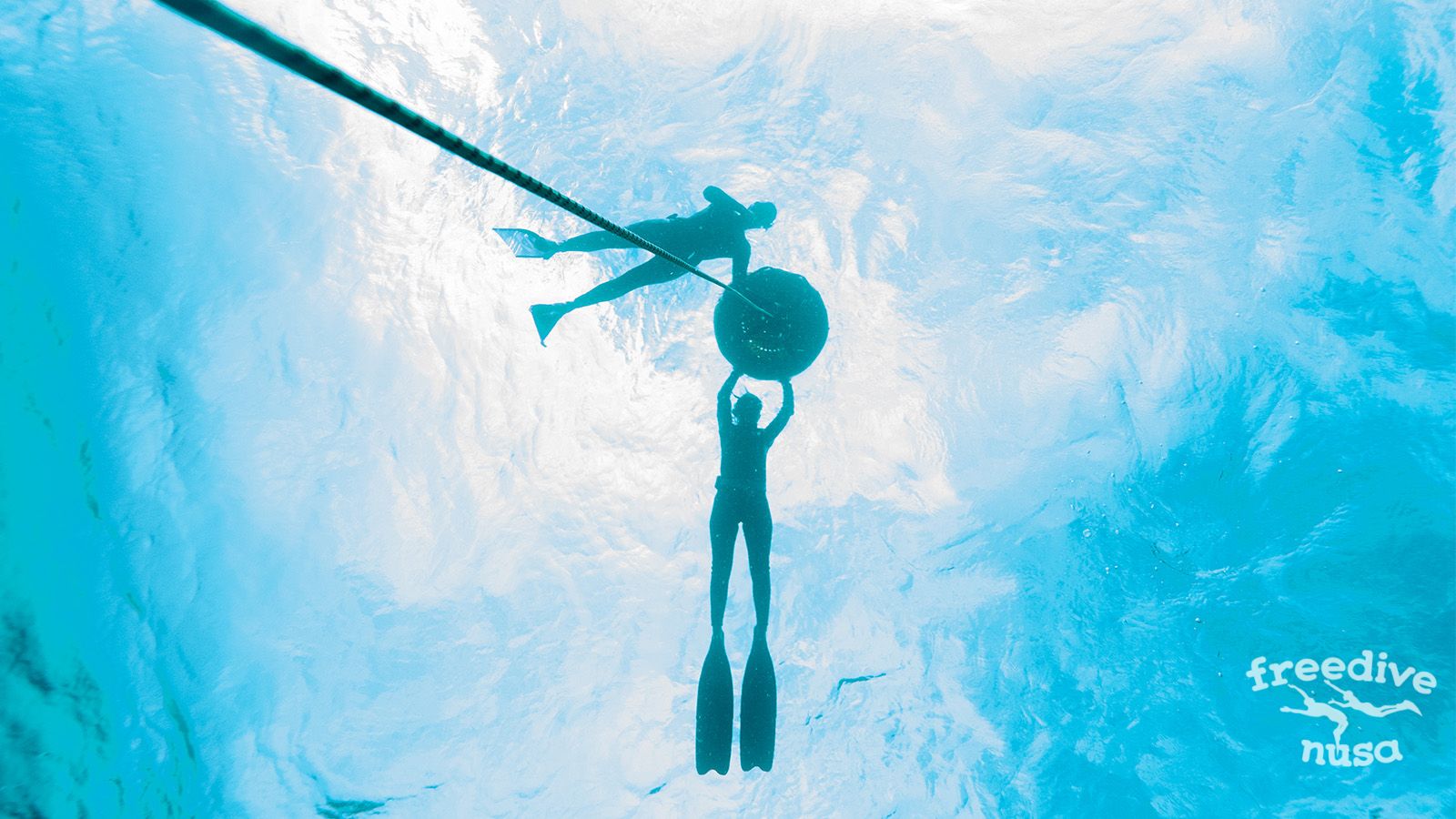
Finally, remember that when it comes to first aid, most people operate based on half-forgotten recommendations from childhood and myths from the internet. Knowing what to do gives you confidence, and confidence in a time of crisis is simply cool!

